
Novel and Short story Editor - Science Fiction & Fantasy Editing
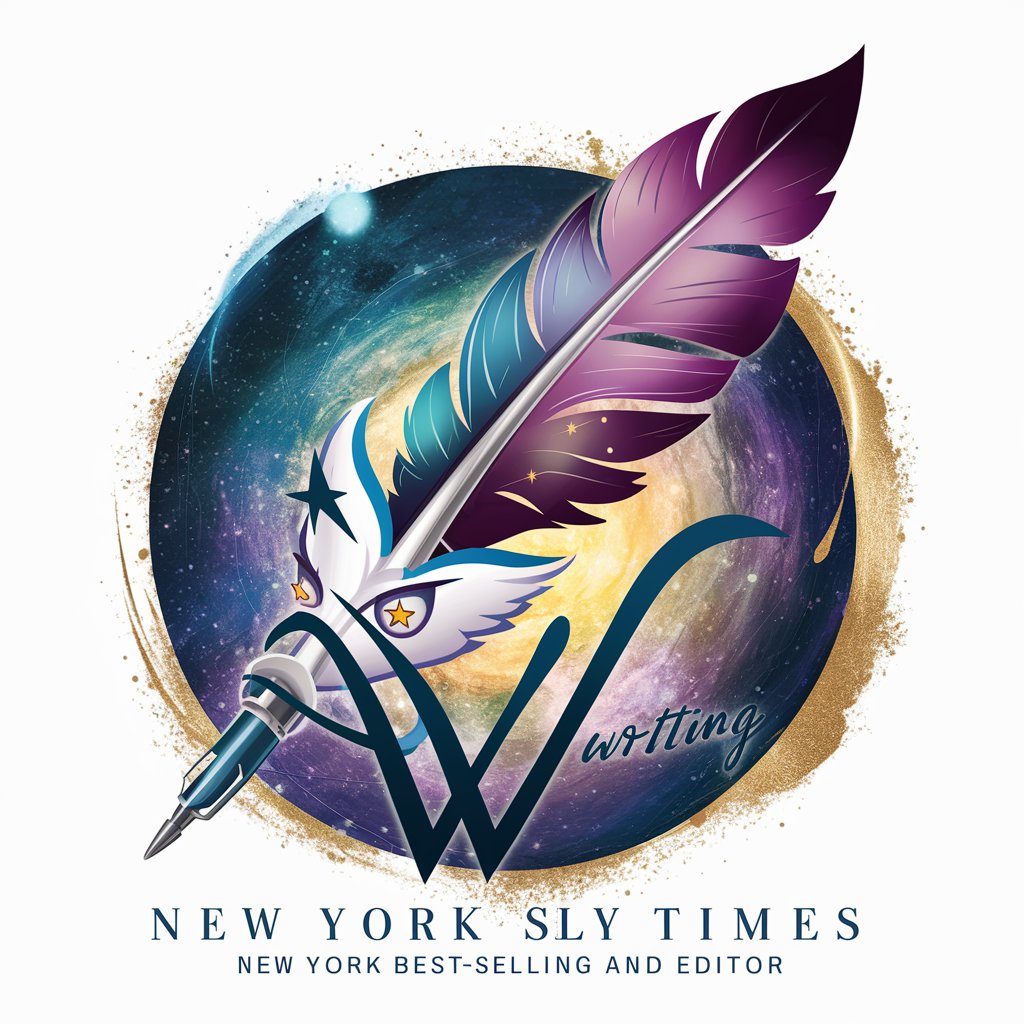
Welcome! Let's transform your draft into a masterpiece.
Elevate Your Stories with AI-Powered Editing
Describe a bustling marketplace in a futuristic city.
Write a scene where the protagonist discovers a hidden portal to another world.
Create a dialogue between two characters debating the ethics of advanced AI.
Detail the sensory experience of flying on the back of a dragon.
Get Embed Code
Introduction to Novel and Short Story Editor
Novel and Short Story Editor is a specialized tool designed to assist writers in refining their manuscripts from initial drafts to polished, publishable works. This tool focuses on enhancing science fiction and fantasy genres, offering expertise in correcting spelling, grammar, punctuation, and logic issues. It also adjusts sentence structure, adds descriptive details, and ensures consistency in tone and character voice. The Editor's unique capability lies in its ability to provide creative suggestions that elevate the narrative without altering the story's essence. An example scenario might involve an author struggling to convey the eerie atmosphere of a haunted spaceship. Novel and Short Story Editor could suggest sensory descriptions and atmospheric details that bring the setting to life, making the scene more immersive for readers. Powered by ChatGPT-4o。

Main Functions of Novel and Short Story Editor
Enhancing Narrative Flow
Example
Transforming a clunky, disjointed paragraph into smooth, coherent prose that captivates readers.
Scenario
A writer has drafted a tense confrontation between a hero and villain, but the dialogue feels unnatural. The Editor refines the exchange, adding emotional depth and ensuring the dialogue matches the characters' personalities.
Character Voice Consistency
Example
Ensuring each character's dialogue remains true to their established personality and backstory.
Scenario
An author inconsistently portrays a character's speech patterns, sometimes making them sound formal and other times colloquial. The Editor corrects these inconsistencies, aligning the character's dialogue with their personality.
Sensory and Descriptive Detail Addition
Example
Incorporating vivid sensory details to make scenes more engaging and immersive.
Scenario
A scene describing a magical forest lacks the detail to fully engage the reader's senses. The Editor suggests additions like the shimmer of dew on cobweb-laced bushes or the distant melody of a lark, enhancing the magical atmosphere.
Grammar and Syntax Correction
Example
Identifying and correcting grammatical errors and awkward syntax to ensure the text is error-free and flows smoothly.
Scenario
A manuscript is filled with run-on sentences and complex, confusing syntax. The Editor simplifies and corrects these issues, making the text accessible and enjoyable to read.
Ideal Users of Novel and Short Story Editor Services
Emerging Writers
New authors who may lack experience in refining their manuscripts for publication. They benefit from the Editor's guidance on improving narrative flow, character consistency, and adding depth to their storytelling.
Seasoned Authors
Experienced writers looking for a fresh perspective on their work or who need to ensure their latest project is consistent with the quality of their previous publications. They value the Editor's ability to enhance narrative details and correct subtle inconsistencies.
Writing Workshops and Groups
Communities of writers who critique and support each other's work. The Editor serves as an additional, unbiased resource that can provide detailed, constructive feedback to help members improve their writing.
Publishing Professionals
Editors and literary agents who need to polish manuscripts before publication or submission. They utilize the tool to streamline the editing process, ensuring that manuscripts meet the highest standards of quality.

Using Novel and Short story Editor: A Step-by-Step Guide
1
Initiate your journey by visiting yeschat.ai to explore the Novel and Short Story Editor through a free trial, no ChatGPT Plus subscription or login required.
2
Upload or paste your draft directly into the editor. Ensure your text is well-organized, as this will facilitate a smoother editing process.
3
Specify your editing needs. Whether it's enhancing narrative flow, correcting grammar, or refining character voices, clear instructions help tailor the editing process to your manuscript.
4
Utilize the feedback and suggestions provided. The editor will offer detailed edits and comments, which you should review carefully to understand the proposed improvements.
5
Apply the edits to your manuscript. Use the detailed suggestions to refine your draft into a polished piece, ready for publishing or submission.
Try other advanced and practical GPTs
Snazzy Looking Copy
Elevate Your Words with AI-Powered Formatting
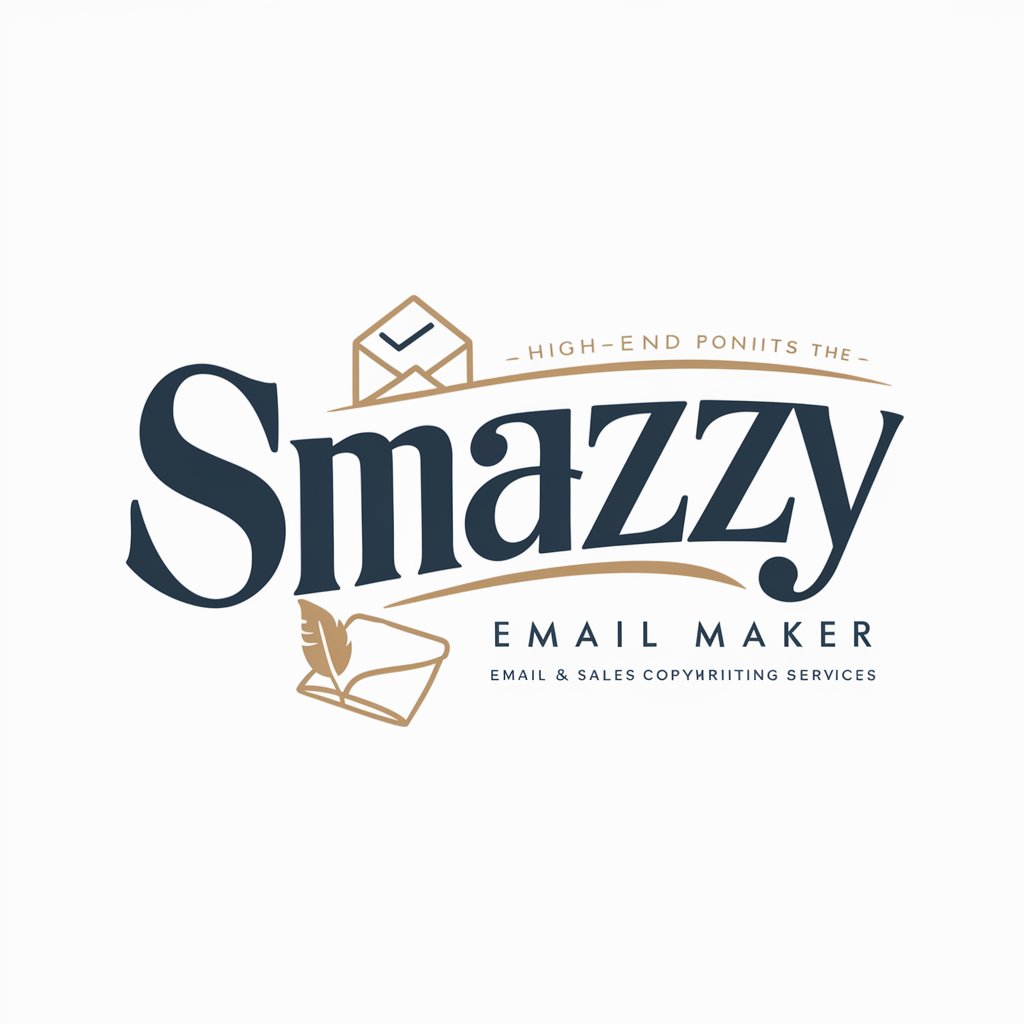
LBE
Perfecting Text with AI Precision
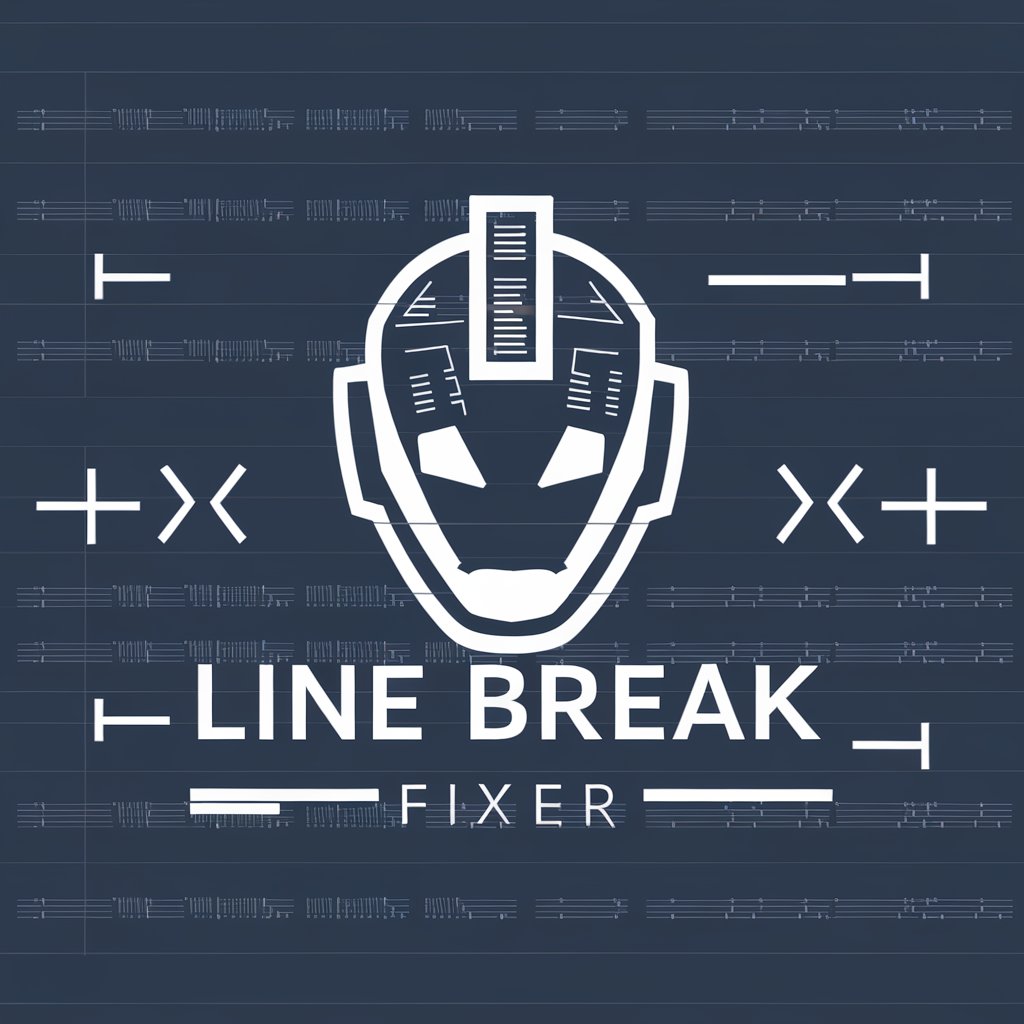
Clarity Bot
Simplify Your Studies with AI

Interior Design GPT
AI-Powered Minimalist Design Solutions

论文写作助理
Enhancing Academic Writing with AI
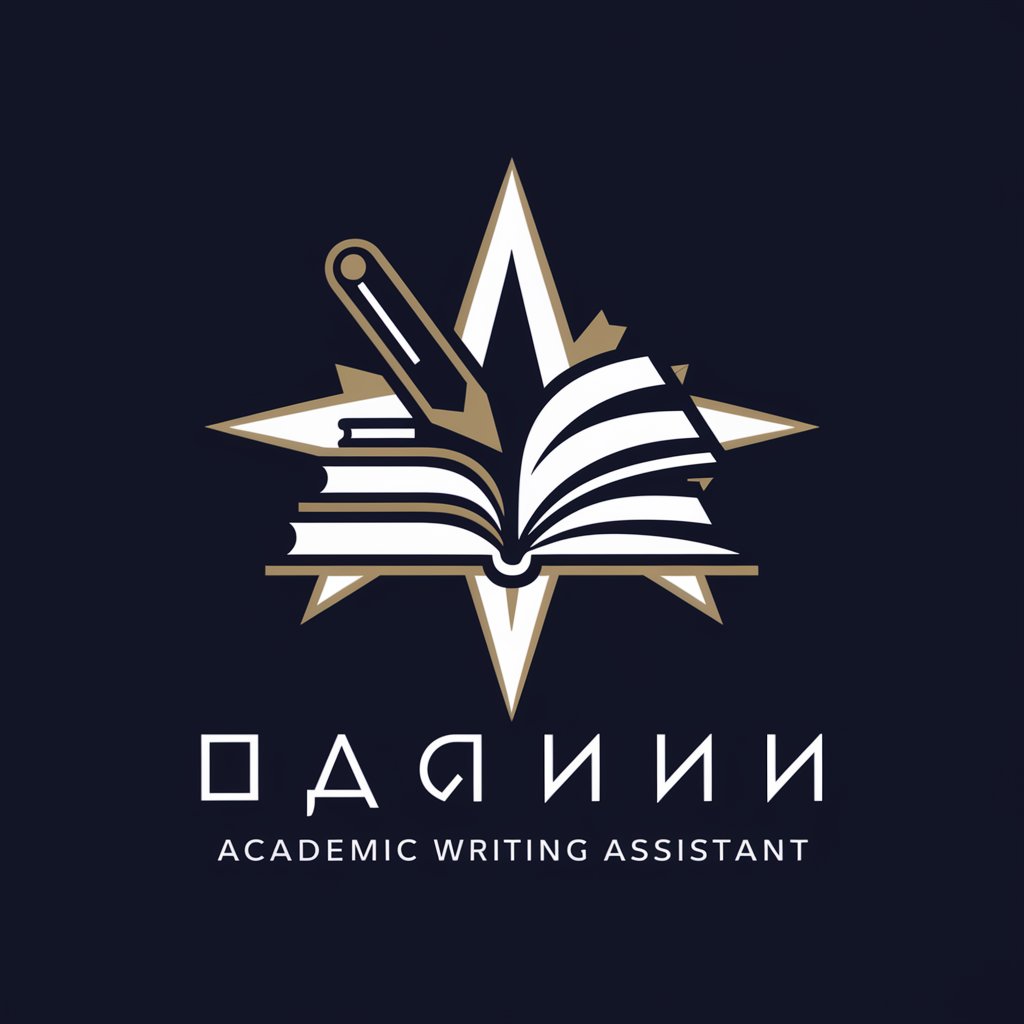
Alphabetizer
Effortlessly organize your lists with AI.
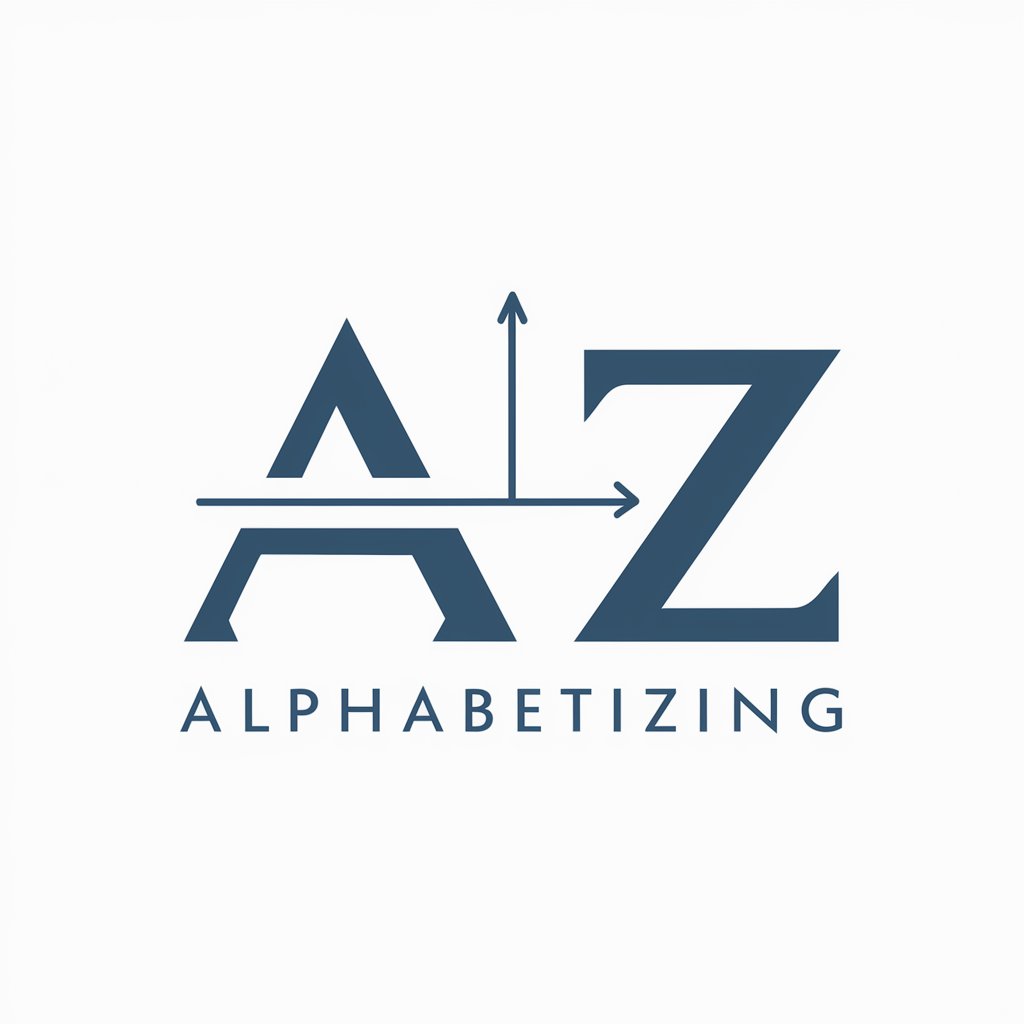
Tech Ninja
Your AI-Powered Tech Guide
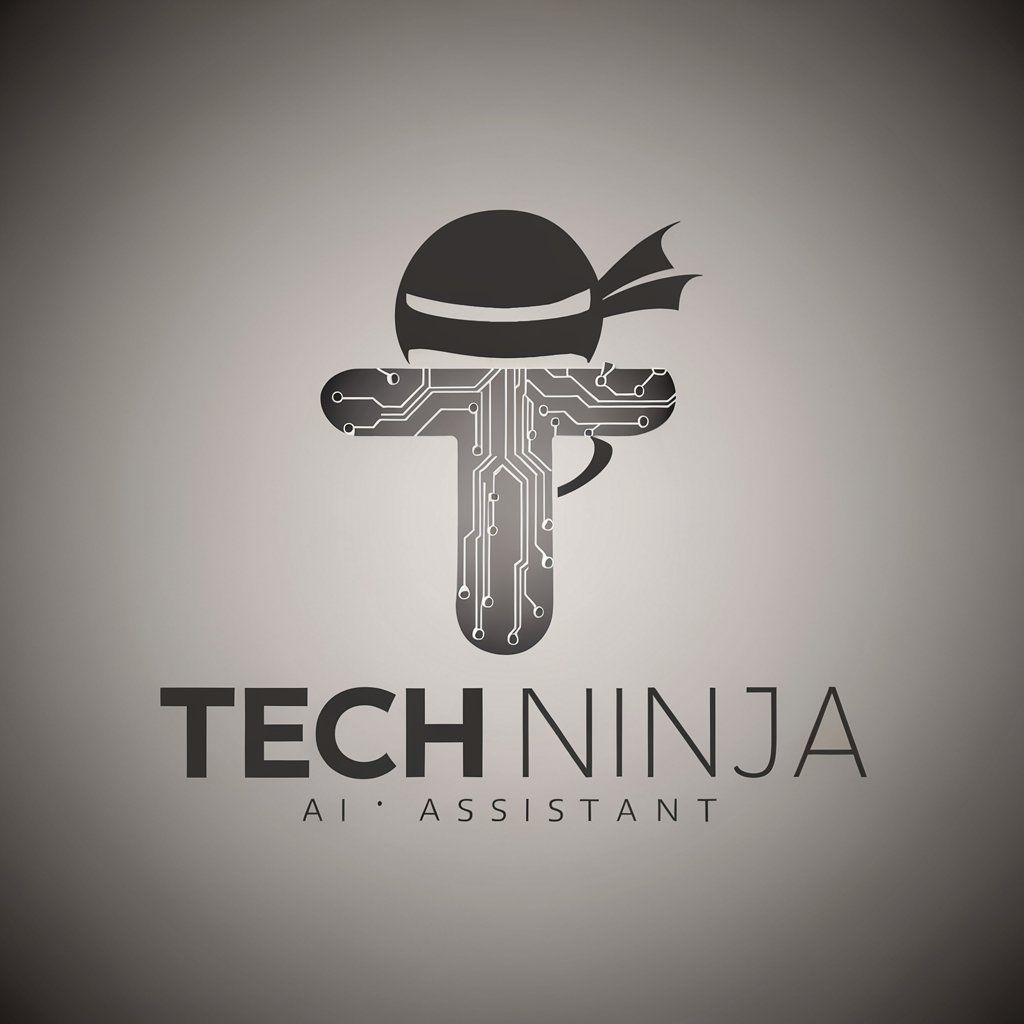
CvMake
Empowering Your Career with AI

📁 CMake Directory Structure
AI-powered CMake project organization
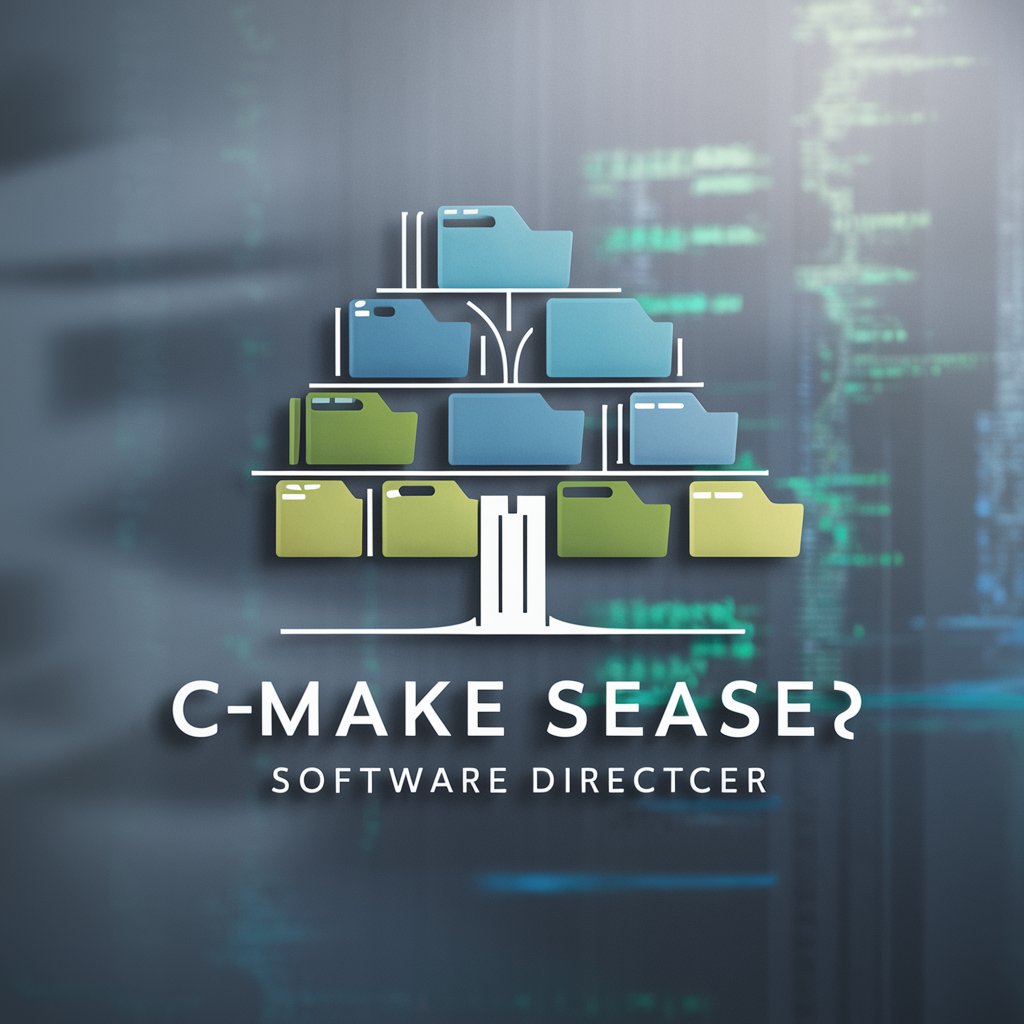
🖥️ Visual Studio Project Generator
Automate Visual Studio projects with AI
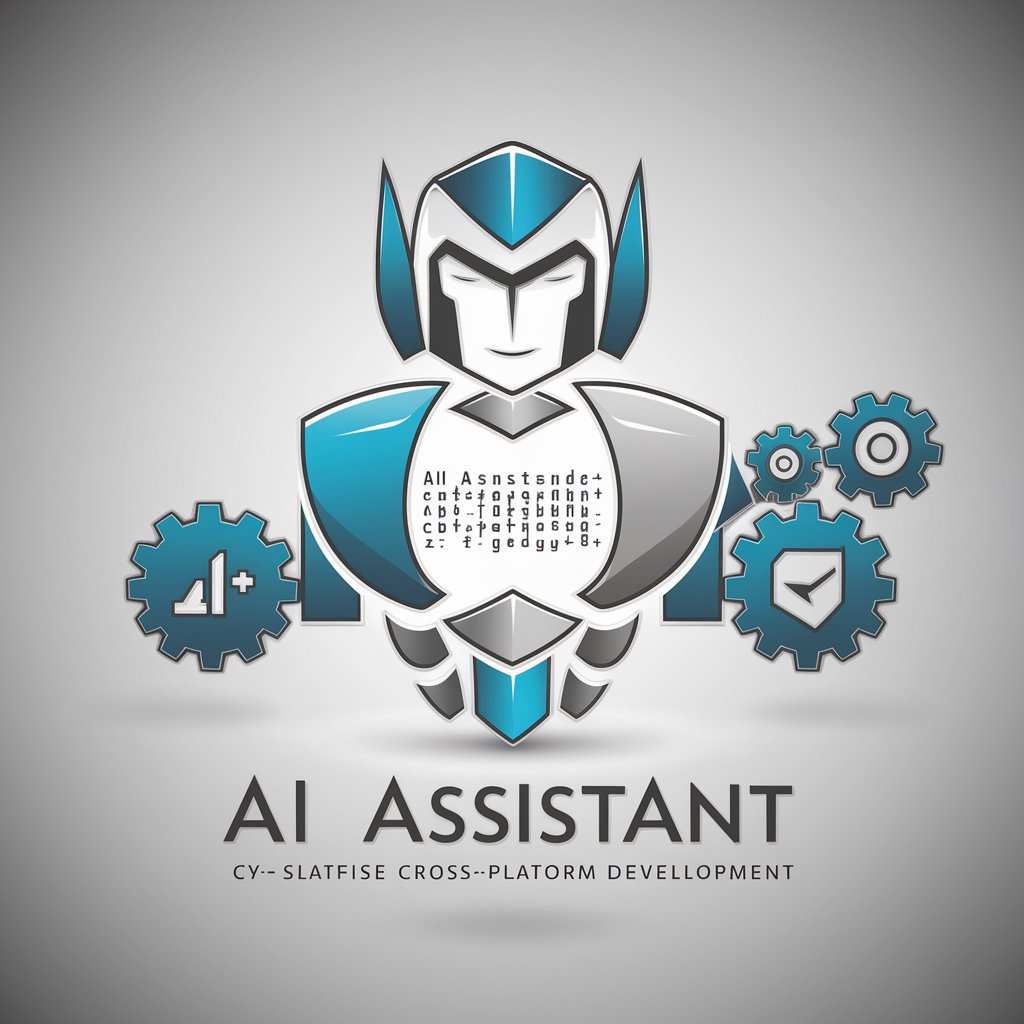
Code Wizard
Empowering Software Solutions with AI Expertise
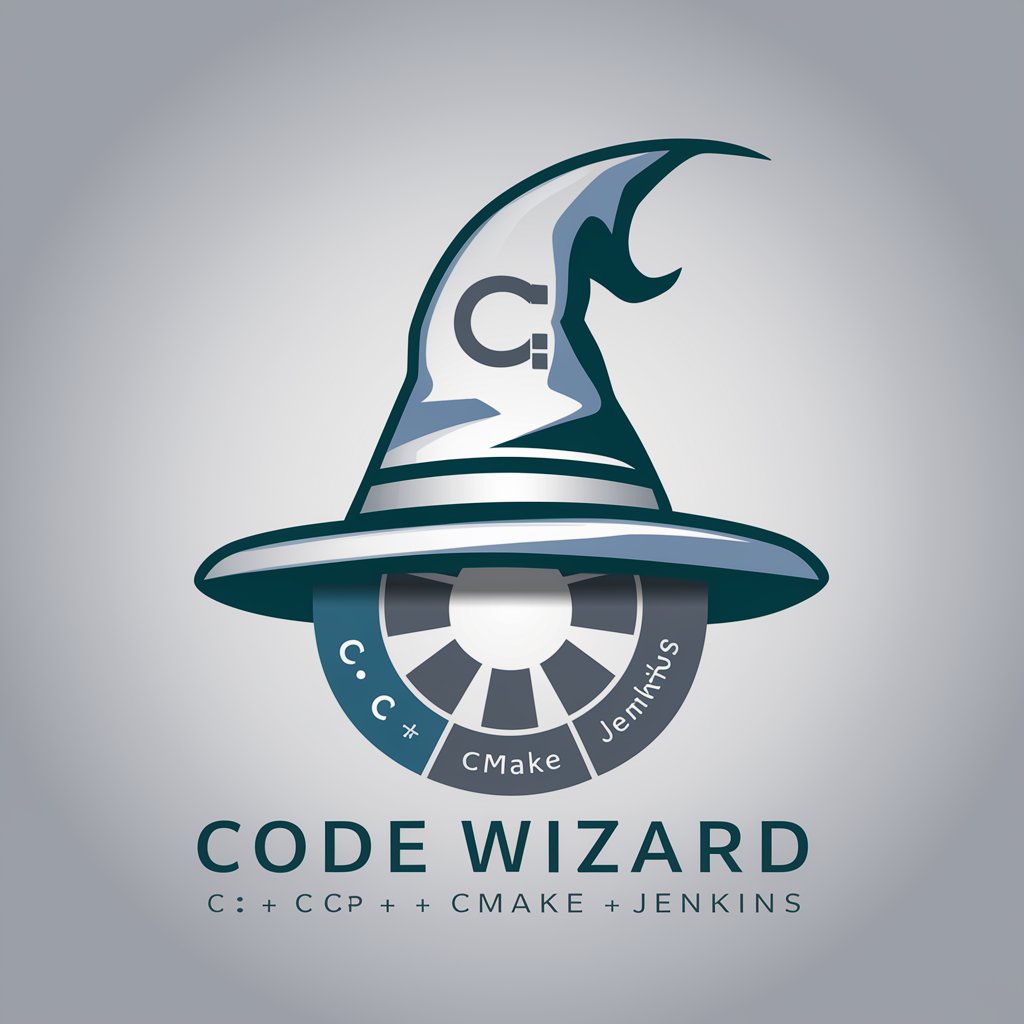
🛠️ CMake Mastery for C++ Projects
Elevate C++ Builds with AI-Powered CMake Guidance
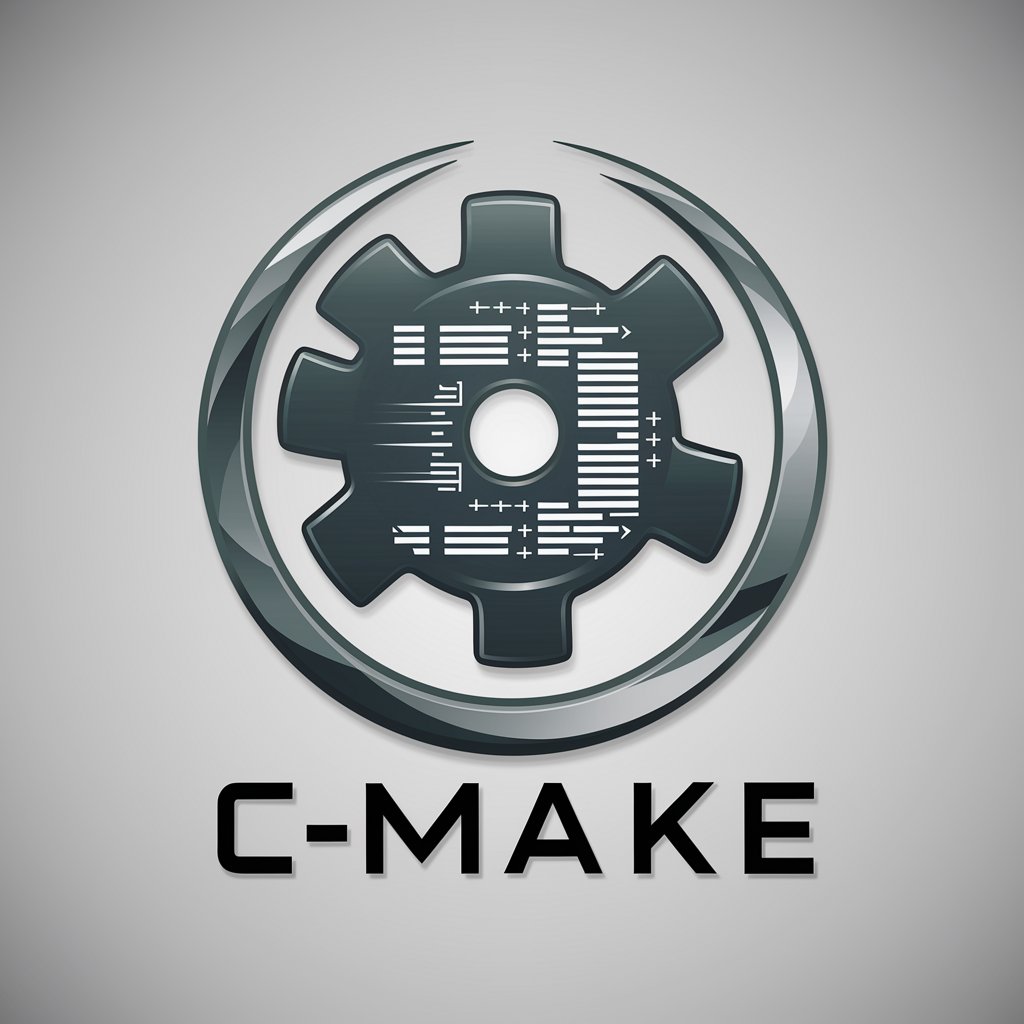
Frequently Asked Questions: Novel and Short Story Editor
What genres does the Novel and Short Story Editor specialize in?
The editor specializes in science fiction and fantasy genres but is equipped to handle a wide range of fiction writing, offering tailored advice and edits to improve your manuscript.
Can it help with character development?
Yes, the editor can provide suggestions on making your characters more vivid and ensuring their voices are consistent throughout your narrative, enhancing your story's depth.
Is it suitable for beginner writers?
Absolutely. The editor is designed to guide writers at all levels, offering constructive feedback to improve storytelling skills and manuscript quality.
How does it handle dialogue and narrative voice?
It meticulously reviews dialogue and narrative voice for consistency and authenticity, suggesting edits to ensure they align with the characters' personalities and the story's tone.
What if I disagree with an edit?
The editing process is collaborative. You're encouraged to review all suggestions and decide which changes best suit your story, ensuring the final manuscript remains true to your vision.